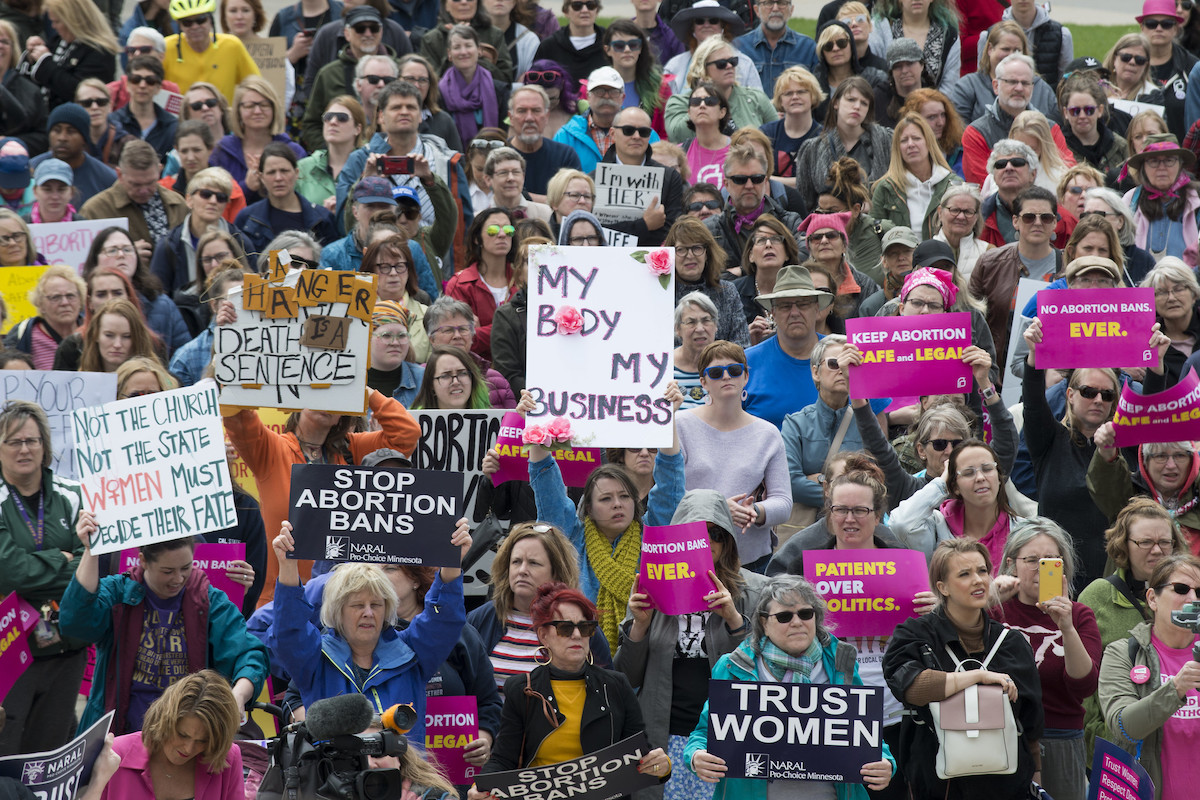will check in later
President Trump Channel
Alleged Police Brutalities
Why doesn't any of the corrupt dems condemn the violence and looting???
Trump will crush Biden among the highly educated, high IQ voters. Can you imagine a high IQ person voting for Joe Biden over Trump? ROFL
Smart people understand that socialism, BLM, riots, looting and cancel culture are cancers on American greatness.
Trump will crush Biden. GG
Wilfred Corgi_Attack • 8 hours ago Why doesn't the corrupt conservatives condemn Trump and his constant attempts to create more violence and upheaval? Why doesn't he calm the waters by acknowledging legitimate grievances? Why does he cheer on violence by police and his followers?
Pro-tip: Please be aware that Biden has, for some time, denounced violence. But when your entire campaign strategy revolves around lying, I guess you have to stick with it.
Kevmo Wilfred • 8 hours ago Why doesn't he calm the waters by acknowledging legitimate grievances?
***Uhhh, because the grievances are illegitimate.Wilfred Kevmo • 8 hours ago Yeah, killing minorities while they're out running. By breaking into their houses and starting shootings. By stomping on their neck for nine minutes. By shooting a couple in the back.
Nah, no legitimate grievances there.
Kevmo Wilfred • 6 hours ago I'll happily set up a list and go through each grievance to determine a stipulation of whether or not it's legit. Like this guy George Floyd on Fentanyl, yeah some legitimacy and also some bullshiite like him fighting the cops beforehand. Same with the guy shot in Kenosha, fighting with da popos.
You game, asshoel? Probably not, because you're all talk.
Job discrimination: 1 in 5 won’t hire Trump supporters
www.washingtonexaminer.com ^ | by Paul Bedard | December 03, 2019 10:10 AM


I Asked Thousands of Biologists When Life Begins. The Answer Wasn’t Popular
- I led discussions between pro-choice and pro-life law students. Little progress was made because both sides were caught up with the factual question of when life begins.
- I surveyed thousands of Americans using Amazon’s MTurk service. I found that most Americans believe that the question of “when life begins” is an important aspect of the U.S. abortion debate (82%); that most believe Americans deserve to know when a human’s life begins in order to give informed consent to abortion procedures (76%); and that most Americans believe a human’s life is worthy of legal protection once it begins (93%). Respondents also were asked: “Which group is most qualified to answer the question, ‘When does a human’s life begin?’” They were presented with several options—biologists, philosophers, religious leaders, Supreme Court Justices and voters. Eighty percent selected biologists, and the majority explained that they chose biologists because they view them as objective experts in the study of life.
- I consulted with biologists, including a female University of Chicago Ph.D. genetics student; a female University of Chicago Ph.D. graduate; and a male professor—the biology expert in my department, who later served on my dissertation committee.
- I reviewed aggregated lists of biologists’ views in this area, studied the opinions of experts who testified before a 1981 Senate Committee on a Human Life Amendment, and the 2005 South Dakota Abortion Task Force. I also reviewed polls of Americans’ views on the question of when life begins.
- Since these sources suggested the most common view was that a human’s life begins at fertilization, I designed a survey to understand biologists’ assessment of that view. I emailed surveys to professors in the biology departments of over 1,000 institutions around the world.
- As the usable responses began to come in, I found that 5,337 biologists (96%) affirmed that a human’s life begins at fertilization, with 240 (4%) rejecting that view. The majority of the sample identified as liberal (89%), pro-choice (85%) and non-religious (63%). In the case of Americans who expressed party preference, the majority identified as Democrats (92%).
- “Is this a studied fund by Trump and ku klux klan?”
- “Sure hope YOU aren’t a f^%$#ing christian!!”
- “This is some stupid right to life thing…YUCK I believe in RIGHT TO CHOICE!!!!!!!”
- “The actual purpose of this ‘survey’ became very clear. I will do my best to disseminate this info to make sure that none of my naïve colleagues fall into this trap.”
- “Sorry this looks like its more a religious survey to be used to misinterpret by radicals to advertise about the beginning of life and not a survey about what faculty know about biology. Your advisor can contact me.”
- “I did respond to and fill in the survey, but am concerned about the tenor of the questions. It seemed like a thinly-disguised effort to make biologists take a stand on issues that could be used to advocate for or against abortion.”
- “The relevant biological issues are obvious and have nothing to do with when life begins. That is a nonsense position created by the antiabortion fanatics. You have accepted the premise of a fanatic group of lunatics. The relevant issues are the health cost carrying an embryo to term can impose on a woman’s body, the cost they impose on having future children, and the cost that raising a child imposes on a woman’s financial status.”
- “The end product of mammalian fertilization is a fertilized egg (‘zygote’), a new mammalian organism in the first stage of its species’ life cycle with its species’ genome.”
- “The development of a mammal begins with fertilization, a process by which the spermatozoon from the male and the oocyte from the female unite to give rise to a new organism, the zygote.”
- “A mammal’s life begins at fertilization, the process during which a male gamete unites with a female gamete to form a single cell called a zygote.”
- “In developmental biology, fertilization marks the beginning of a human’s life, since that process produces an organism with a human genome that has begun to develop in the first stage of the human life cycle.”
- “From a biological perspective, a zygote that has a human genome is a human because it is a human organism developing in the earliest stage of the human life cycle.”
- Motivated Reasoning: Respondents experience cognitive dissonance when they recognize that their view of a fetus as a human complicates their political convictions in regard to abortion policy.
- Cultural Cognition: Respondents fear that public recognition of the scientific views they are expressing could lead to other people supporting abortion restrictions.
- Identity-Protective Cognition: Respondents fear that expressing their views may serve to estrange them from pro-choice liberals, on whom they might rely for social, emotional, or financial support.
-----------------------------------------------

------------------------------------

